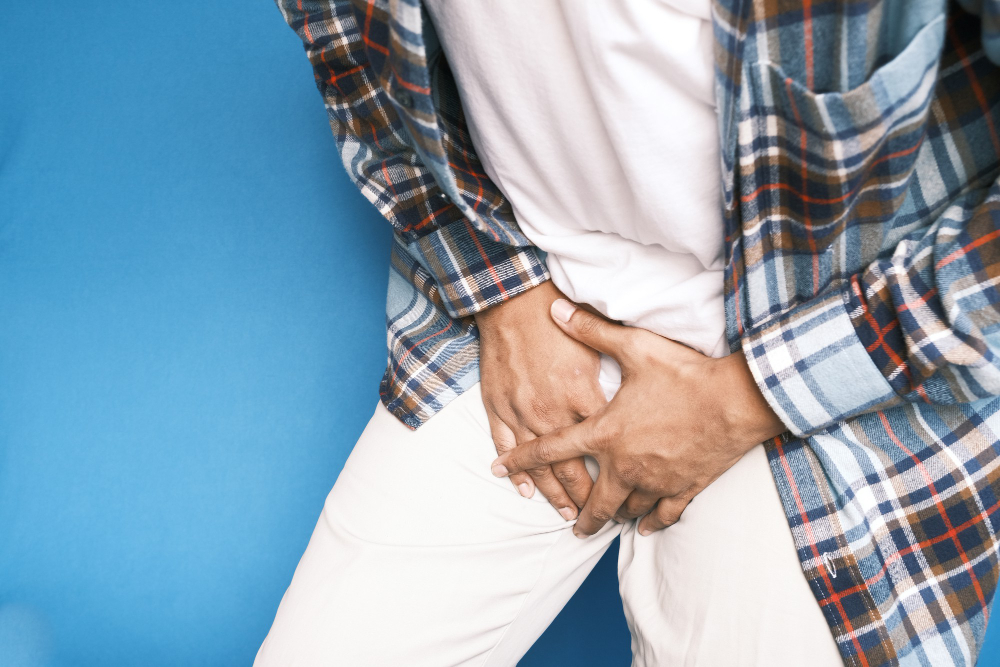Prostate Health: Benign Prostatic Hyperplasia (BPH)
March 18, 2025
The prostate is a small, walnut-shaped gland in men responsible for producing seminal fluid. As men age, the prostate may enlarge, leading to a condition called Benign Prostatic Hyperplasia (BPH). While not cancerous, BPH can cause uncomfortable urinary symptoms and affect daily life. Understanding its causes, symptoms, and treatment options can help manage the condition effectively.
What Causes Prostate (BPH)?
BPH primarily occurs due to hormonal changes as men age. Some of the contributing factors include:
✅Aging: Most men over 50 experience some degree of prostate enlargement.
✅Hormonal Changes: An imbalance in testosterone and dihydrotestosterone (DHT) contributes to prostate growth.
✅Genetic Factors: A family history of BPH increases the likelihood of developing the condition.
✅Lifestyle Factors: Poor diet, obesity, and a sedentary lifestyle can exacerbate symptoms.
Signs and Symptoms of Prostate (BPH)
The severity of symptoms varies, but common signs include:
✔️Frequent urge to urinate, especially at night (Nocturia)
✔️Weak or interrupted urine stream
✔️ Difficulty starting urination
✔️Incomplete bladder emptying
✔️Dribbling at the end of urination
Treatment Options for Prostate (BPH)
1. Lifestyle Modifications
🔹Regular exercise to improve circulation
🔹Maintaining a healthy weight
🔹Avoiding excessive fluid intake before bedtime
2. Medications
🔹Alpha-blockers – Relax prostate muscles (e.g., Tamsulosin)
🔹5-Alpha Reductase Inhibitors – Shrink the prostate (e.g., Finasteride)
3. Minimally Invasive Procedures
🔹Transurethral Resection of the Prostate (TURP) – Removes prostate tissue
🔹Laser Therapy – Destroys excess prostate tissue
1. Is BPH a form of cancer?
No, BPH is a benign condition and not related to prostate cancer.
2. Can BPH be prevented?
While aging is inevitable, maintaining a healthy lifestyle can reduce the risk.
3. Can BPH affect sexual function?
Some men experience erectile dysfunction or reduced libido due to BPH or its treatments.
4. When should I see a doctor?
If you experience difficulty urinating, frequent urination, or a weak urine stream, consult a healthcare provider.

Dev Hospitals provides expert care with advanced treatments, ensuring accurate diagnosis and improved patient outcomes.
Contact With Us!
Email: devhospital@gmail.com
Opening Hours: Mon -Sat: 10.00am – 6.00pm